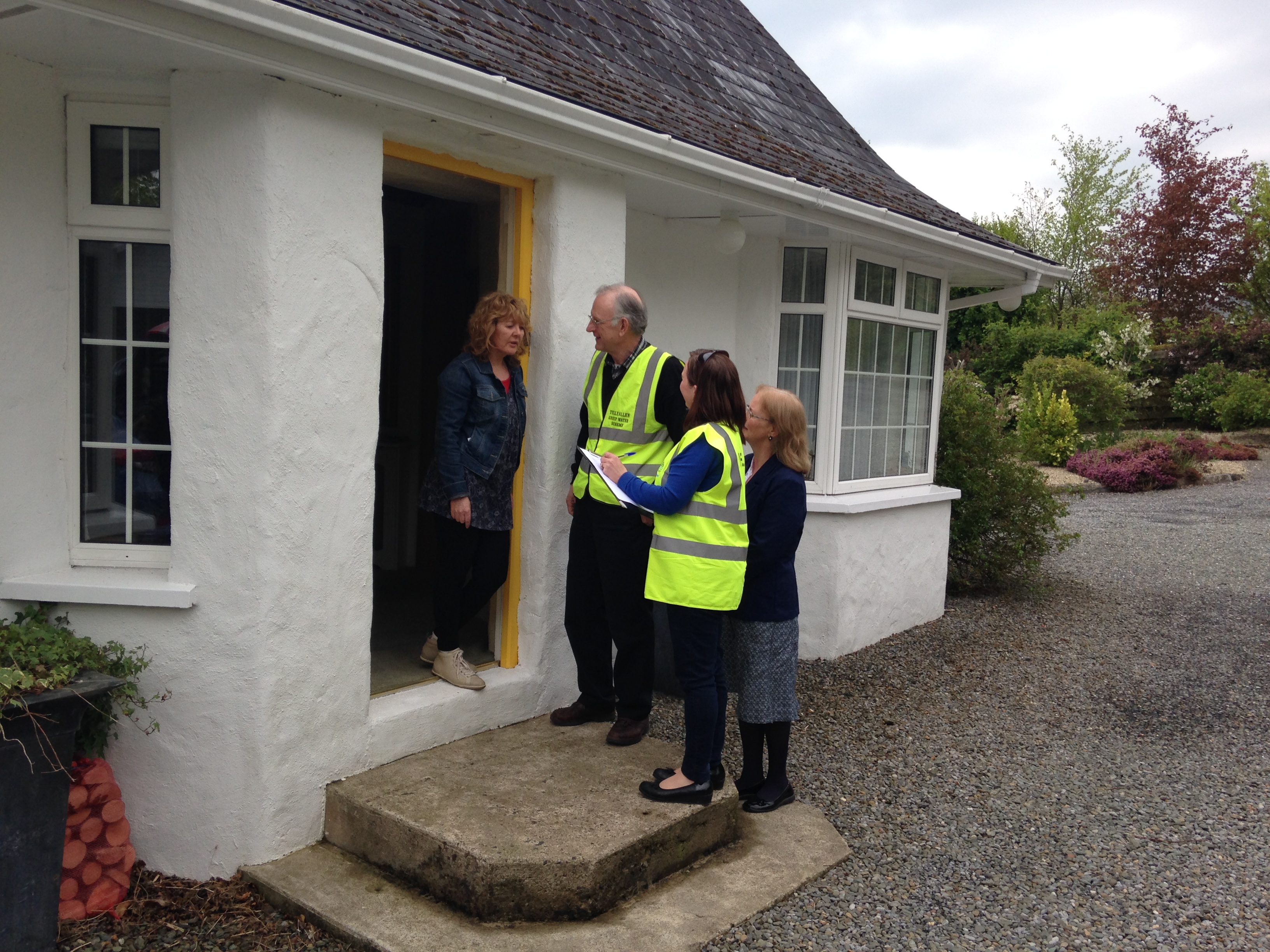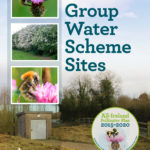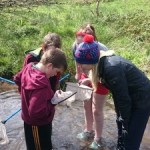The National Federation of Group Water Schemes (NFGWS) is the…
National Federation of Group Water Schemes – Septic Tank Systems Pilot Project
]The National Federation of Group Water Scheme who are the representative organisation for community-owned rural Group Water Schemes in Ireland have recently completed an on-site wastewater treatment systems pilot project on two Louth Group Water Schemes.
During the first year of the EPA’s National Inspection Plan, most failures were due to poor management, including lack of desludging – the pilot on Sheepgrange and Tullyallen Group Water Schemes in Louth aimed to address this.
The success of the Louth pilots that addressed the management of septic tank systems in group water schemes has prompted the Environmental Protection Agency to provide funding in August 2016 towards a more ambitious and longer term initiative that will see the National Federation and individual group schemes play an active role in building awareness and co-ordinating community action on this issue.
Septic Tank Desludging – Pilot
Focusing on the zone of contribution to the boreholes supplying drinking water to both schemes and armed with information supplied by the EPA as well as zone of contribution maps, National Federation of Group Water Scheme staff joined with local group water scheme members in canvassing houses within their respective zones of contribution. The householders completed a doorstep survey to determine their knowledge about their on-site wastewater treatment systems and the regularity of desludging.
The survey also asked if they would be interested in their local Group Water Scheme co-ordinating desludging of their septic tank on a tri-annual and ongoing basis … at a reduced ‘bundled’ rate to be negotiated with a competent contractor. While not everyone was at home during this canvass, those that were – with just one exception – answered in the affirmative. For the handful of farmer members on both schemes, who are entitled to empty their own tanks, the canvass was used to emphasise the importance of not landspreading such waste within the zone of contribution. Again, the farmers responded positively. Although only households within the Zone of Contribution were canvassed, the offer of group water scheme coordinated desludging was extended to all households on the scheme. While take-up was understandably limited in the wider scheme, most houses within the zone of contribution did sign up.
Next steps: rolling out the programme…
Apart from identifying its successes, the final report from the pilot also identified difficulties that had arisen, most especially the fact that there were significant time lapses between various phases of the project, from delivering letters in advance of the canvass through to the actual desludging of tanks. The fact that the National Federation of Group Water Scheme staff involved could only give so much time to the project meant that the momentum was lost at several stages of the pilot. In recognition of this fact and to build on the success of the pilot, the EPA grant includes funding towards the Federation’s co-ordination and management of the extended roll-out of this initiative.

National Federation of Group Water Scheme Development Officers Jean Rosney and Joe Gallagher were appointed as Project Co-ordinators with a start date for the project of the 1st of August 2016 and a Steering Group was set up to oversee the project with the first meeting held in late August.
With assistance from the Environmental Protection Agency and the Geological Survey of Ireland, the screening criteria will be agreed and four Group Water Schemes will be selected for the initial role out of the project. These Schemes will have already completed the Zone of Contribution for their water source, will be within a high risk area and will need to comply with other selection criteria. It is also intended to include a combination of both surface and groundwater sourced Schemes in this selection.
The Project Co-ordinators will further develop the programme delivery model by building on the experience gained through the pilot programme with particular regard to the conclusions and recommendations of the review report. They will also be generating water awareness through the local schools within selected areas, identifying and sourcing additional possible sources of funding and support to assist with the ongoing implementation of the programme, developing a national mapping strategy and identifying further Group Water Schemes for ongoing implementation of the project.
Jean Rosney, National Federation of Group Water Schemes







